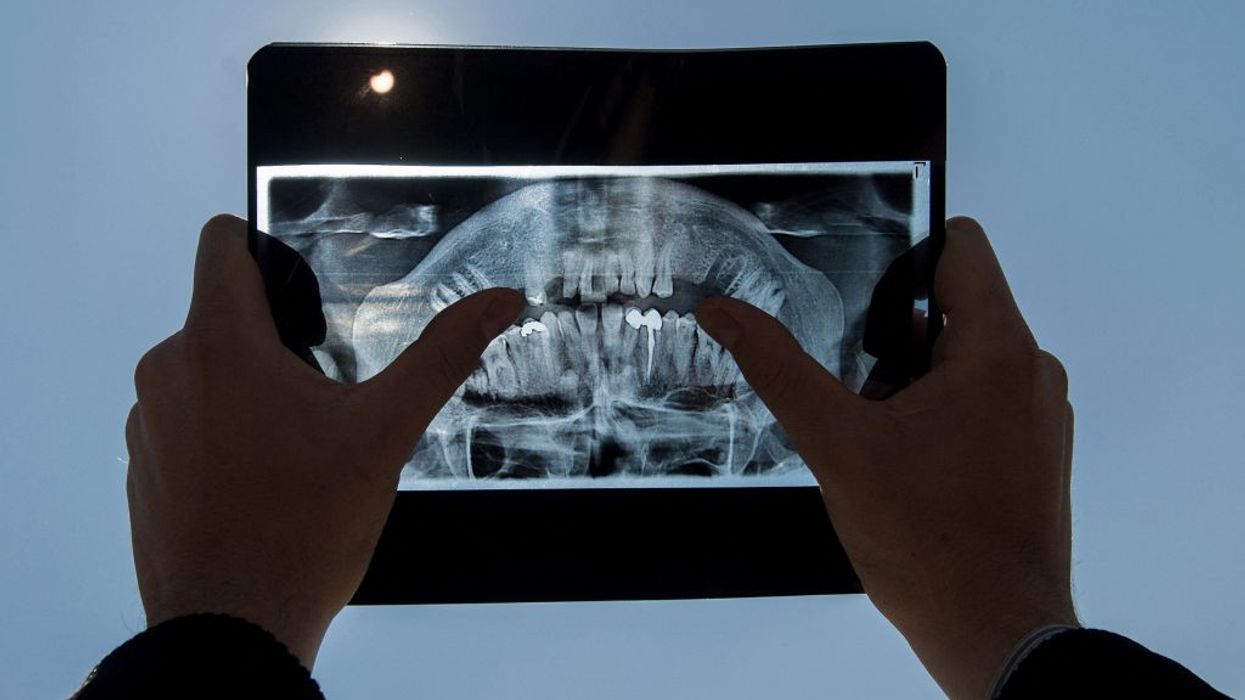Researchers from King’s College London and the University of Helsinki have highlighted oral health, specifically gum disease as a crucial factor in stroke risk
Researchers from King’s College London and the University of Helsinki have identified a link between periodontitis (gum disease) and cryptogenic ischemic stroke, which causes a blockage in the blood vessel supplying blood to a region of the brain.
The findings, recently published in the Journal of Dental Research, emphasise severe gum disease as a risk factor for young-onset stroke, particularly in patients with no other identifiable risk factors.
Dr. Susanna Paju, Periodontology Specialist from the University of Helsinki, led the study in collaboration with Dr. Svetislav Zaric, Clinical Lecturer in Periodontology from King’s College London. Dr. Zaric explains the implications of their research:
“Stroke remains the second leading cause of death globally. Strikingly, the incidence and prevalence of ischemic stroke have been increasing in the younger population during past decades," she said.
"Periodontitis, which involves deep inflammation of the gums due to bacteria under the gumline, can lead to systemic effects as bacteria enter the bloodstream and affect other parts of the body,” she added.
The case-controlled study involved comprehensive oral examinations of participants who had experienced a cryptogenic ischemic stroke (CIS).
Results revealed a significant association between CIS and high levels of periodontal inflammation.
The severity of stroke was found to increase with the severity of periodontitis.
“Maintaining good oral health and regular dental visits may help reduce the risk of stroke associated with oral health.
"However, our findings also suggest a potential direct link between invasive dental procedures and CIS through bacteremia,” Dr. Zaric noted.
He concluded, “Further studies are needed to determine the extent to which improving oral health can reduce the incidence of CIS.
These findings underscore the importance of integrating oral health into broader stroke prevention strategies, especially among younger populations.”
The research underscores the critical role of oral health in overall health outcomes and calls for increased awareness and preventive measures to mitigate the risk of stroke associated with periodontitis in young adults.












